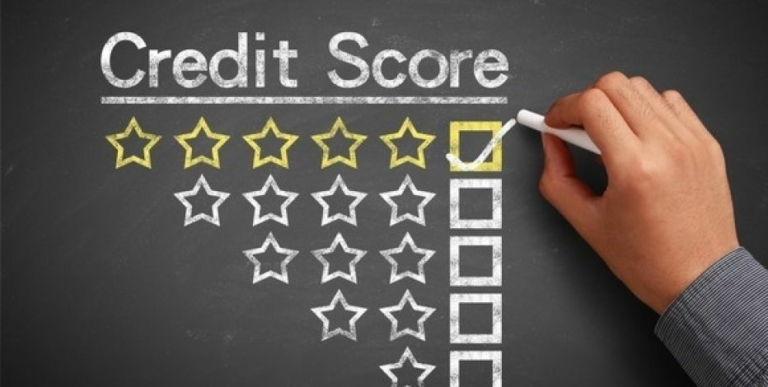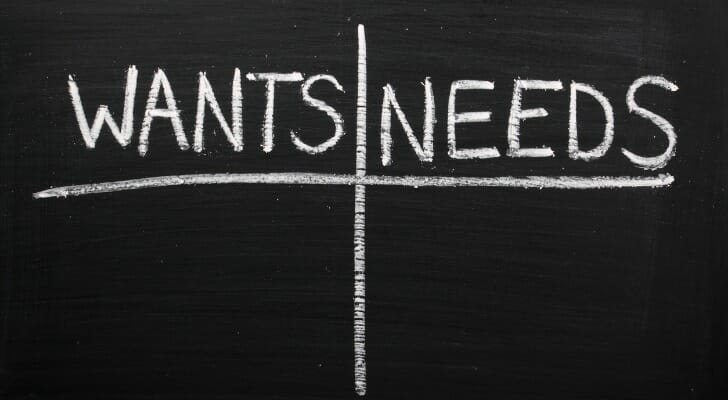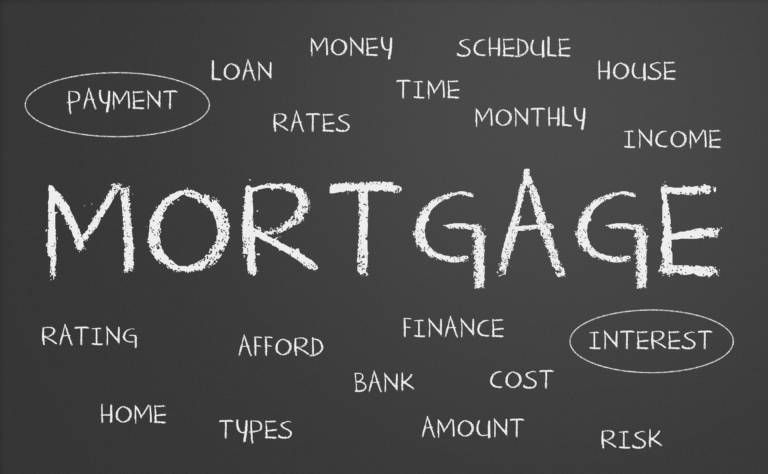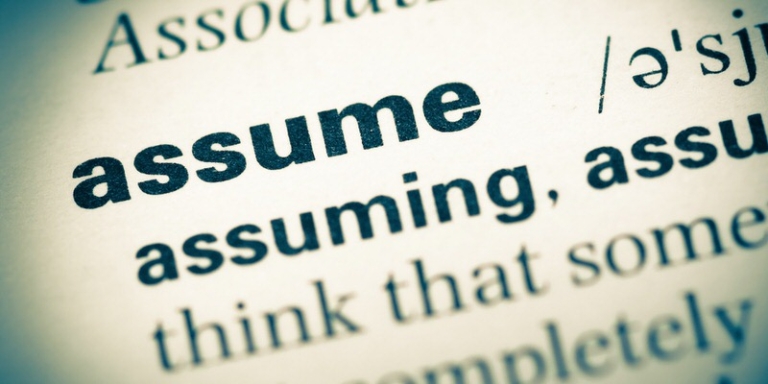Let’s make sure we have one thing completely clear moving forward – most big sites are useful for generalized ballpark information – NOT 100% accurate specifics. These big sites include but are not limited to CreditKarma, Zillow, RocketMortgage, etc.
Please remember not everything you read on the internet is correct and true.

Credit
When’s the last time you looked at your credit reports? Yes, reports, there are 3, some of which can have varying information. There are a variety of apps and sites that are nice to give you a broad picture of your credit and provide rather easy monitoring, but this information isn’t necessarily always accurate.
Every family and every situation is different, so just because your co-worker Laura and friend Joe just bought homes, and you think you make at least as much money as them and your credit should be good, so buying won’t be a problem – WRONG!
You have the ability to go on many sites and apps to find out how much you “qualify” for but once again, this information isn’t always the most accurate. This is all approximations and best-case scenarios, based on what you tell them based on what you maybe remember or know, not facts. Any and all underwriters for a mortgage want facts and only facts.

Lenders
When you first decide you’re serious about wanting to explore the options that may be available to you regarding purchasing a home, I recommend you speak with at least 3 lenders.
Three is typically the minimum of quotes I get for just about every project or service I get. This is important with regard to lenders for many reasons. First and foremost, you will want to make sure you like, communicate well with and get along with your lender. You will be working very closely with them during this entire transaction, they will be asking you countless questions and for plenty of explanations and documentation, this is their job, and they work for you, so pick wisely.
Not only is it a matter of getting along with and trusting your lender, but different lenders also sometimes have accessibility to a variety of loan programs, down payment assistance grants and programs, as well as fees, closing times, interest rates, etc. Do your homework! I, of course, have several great local lenders that I can put you in touch with to interview also. Remember, this is likely your biggest purchase so far, due diligence and research is a must.

Needs vs Wants
Many of us start imagining and secretly building in our minds our dream home long before we even consider buying a home. So many wants, but do you know the difference between what you want and what you need? That can sometimes be a significant difference-maker in your search, for you and me both. You should start with making a list of everything you want, within reason, of course, I want a Publix bakery in my back yard, but I realize that’s not really a need or even a wise want.
What are the things that you can not live without? Your non-negotiables, these are important to set early in the process.

Common Mortgage Questions
Your lender will go over more specifics with you during the Pre-Approval process, but the following information is useful to help you know what to expect during the process and covers the most common questions that home buyer typically has.
Please remember that questions are not only expected, but they are encouraged!
Ask away, that’s what I’m here for.
How Much Can You Afford?
There are three key factors to consider:
The down payment
Your ability to qualify for a mortgage
The closing costs associated with your transaction
How Much Do I Put Down?
Most loans require a minimum down payment of between 3.5% – 5.0% of the total purchase price. This is, of course, dependent on the type and terms of the loan. If you’re able to put down 20-25%, you may be eligible to take advantage of special fast-track programs and eliminate mortgage insurance.
How Much are Closing Costs?
You will be required to pay fees for loan processing and other closing costs. These fees must be paid in full at the time of closing.
Typically, total closing costs will range between 2-5% of your mortgage loan.
How Do I Qualifying for the Mortgage?
Most lenders require that your monthly payment range between 25-28% of your gross monthly income. Your mortgage payment to the lender includes the following items:
The principal on the loan (P)
The interest on the loan (I)
Property taxes (T),
The homeowner’s insurance (I)
Please note, if applicable, any Home Owners Association dues are not included in your monthly payment and must be paid separately.
Your total monthly PITI and all debts (from installments to revolving charge accounts) should range between 33-38% of your gross monthly income. These key factors determine your ability to secure a home loan: Credit Report, Assets, Income, and Property Value.
Some of the initial documents you will need to provide for a Pre-Approval Letter:
Pay Stubs
Last 2 Years of W-2
Last 2 Federal Tax Returns
2 Months of Bank Statements
*Keep in mind, a Pre-Approval Letter is not a loan commitment letter, your application and information will still need to go through the Underwriting and Loan Approval processes.

Don't Assume
Many buyers assume that because someone they know recently qualified and bought a home, they will be able to also. Each and every situation is much different; speak to a lender early on.
Base your decisions on facts, not assumptions.

Know Your Situation
With a Pre-Approval Letter, your lender will also discuss with you probable payments and required funds for the purchase. Knowing these numbers ahead of time may adjust your search criteria. Just because you qualify for an amount doesn’t mean you need to spend the entire amount.
Know what your payments will be and know what you’re most comfortable with and stick with that budget. I suggest that as a buyer, you tell your lender what monthly payment you are comfortable with for you and your lifestyle, and shop based on that number.
